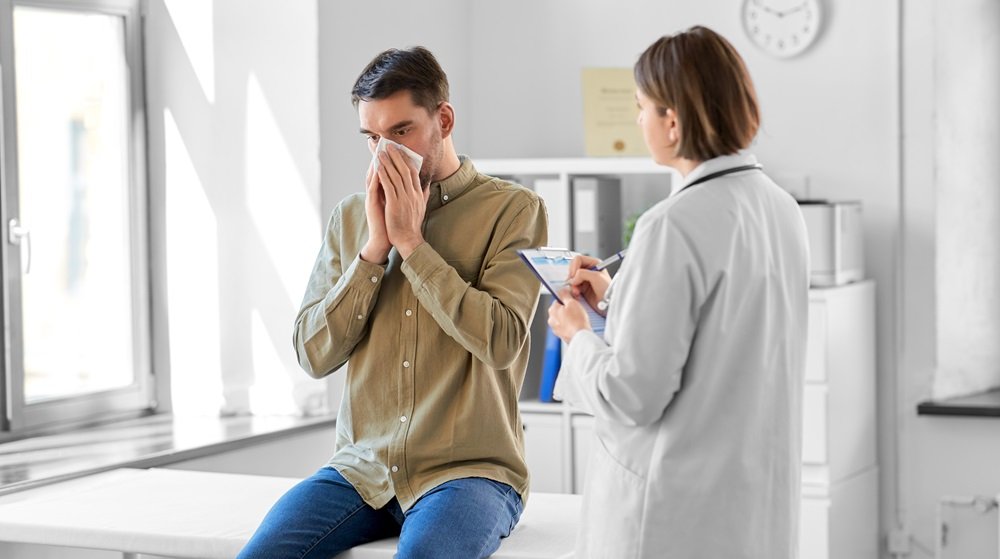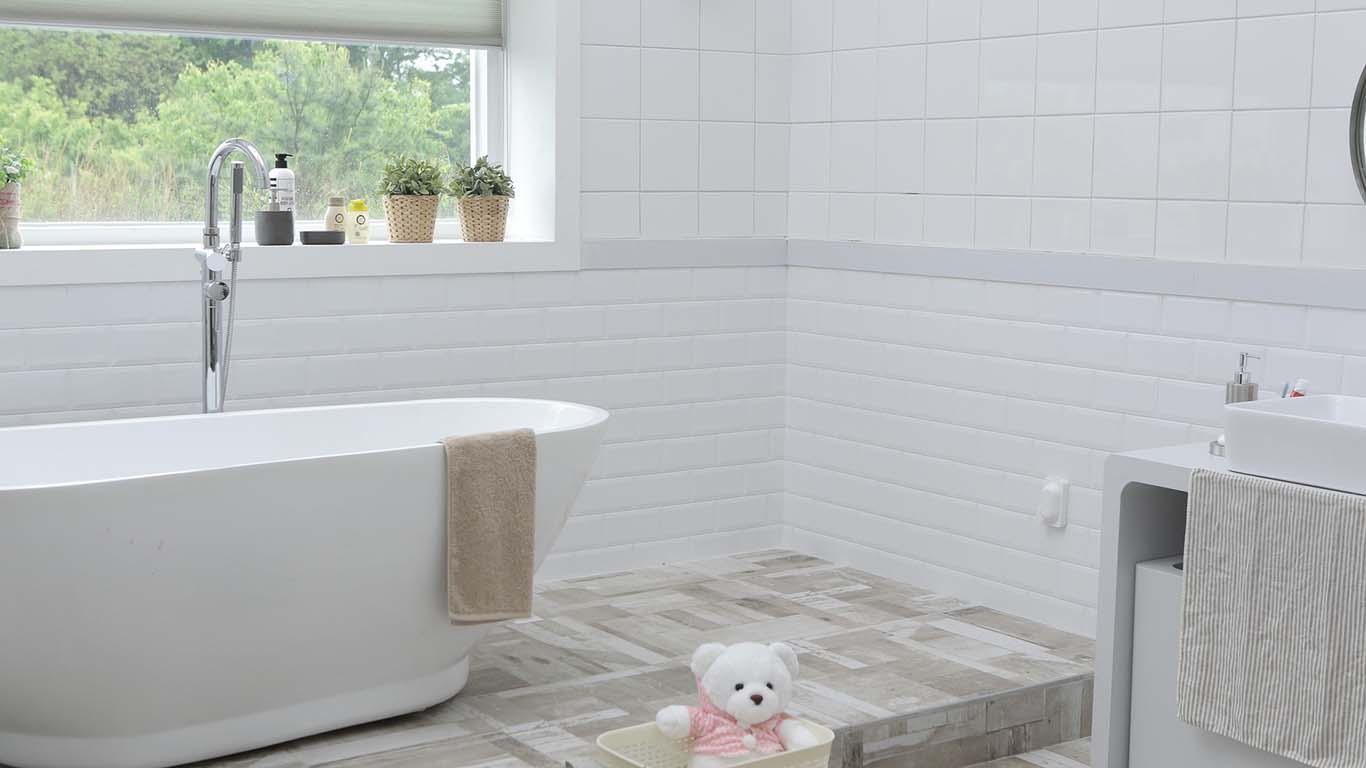Your body talks to you every day, but are you listening? When it comes to your sexual health, low libido symptoms can creep up slowly, making them easy to miss until they’ve already impacted your relationship and well-being.
The good news is that recognizing these early warning signs can help you address the issue before it becomes a bigger problem.
Physical Changes That Signal Trouble
Your body often sends the first signals when your sexual drive begins to decline. You might notice that getting aroused takes longer than it used to, or that physical sensations don’t feel as intense.
These changes happen gradually, so they’re easy to dismiss as normal aging or stress.
Women may experience vaginal dryness or discomfort during intimacy, while men might notice difficulty maintaining erections or reduced sensitivity.
Both sexes can experience a decrease in spontaneous sexual thoughts or fantasies throughout the day.
Fatigue plays a huge role in sexual desire. If you’re consistently exhausted by evening, your body prioritizes rest over romance.
This isn’t just about being tired after a long day – it’s about feeling drained even after adequate sleep.
Emotional and Mental Red Flags
Your mind controls much of your sexual response, so emotional changes often precede physical ones. You might find yourself avoiding intimate situations or making excuses when your partner initiates romance. This avoidance often stems from anxiety about performance or simply not feeling “in the mood” anymore.
Stress and anxiety are major libido killers. When you’re constantly worried about work, finances, or family issues, your brain struggles to shift into a sexual mindset. Research shows that chronic stress increases cortisol levels, which directly suppresses testosterone and other hormones crucial for sexual desire.
Depression also significantly impacts sexual drive. If you’re feeling emotionally numb or disconnected from activities you once enjoyed, this often extends to intimate relationships as well.
Hormonal Shifts and Their Impact
Hormones control your sexual desire more than you might realize. Testosterone levels naturally decline with age in both men and women, but other factors can accelerate this process.
| Age Group | Average Testosterone Decline | Common Symptoms |
| 30-40 years | 1-2% per year | Mild fatigue, reduced morning erections |
| 40-50 years | 1-3% per year | Noticeable energy drops, mood changes |
| 50+ years | 2-4% per year | Significant libido changes, physical symptoms |
Women experience dramatic hormonal changes during perimenopause and menopause. Estrogen and progesterone levels fluctuate wildly, leading to irregular periods, hot flashes, and yes – decreased sexual desire. These changes can start as early as your late 30s.
Birth control pills can also affect your libido by altering hormone levels. If you’ve noticed changes in your sex drive after starting or switching contraceptives, this connection is worth exploring with your doctor.
Lifestyle Factors That Kill Desire
Your daily habits significantly impact your sexual health. Poor sleep quality disrupts hormone production and leaves you too exhausted for intimacy. Adults need 7-9 hours of quality sleep nightly, but many people operate on much less.
Excessive alcohol consumption might seem like it helps you relax, but it actually decreases testosterone and can lead to erectile dysfunction. While a glass of wine might lower inhibitions, regular heavy drinking will harm your sex drive over time.
Certain medications commonly prescribed for depression, anxiety, and high blood pressure can significantly reduce libido. Antidepressants, particularly SSRIs, are notorious for causing sexual side effects in up to 70% of users.
Lack of physical activity also contributes to declining sexual desire. Regular exercise improves blood flow, boosts energy levels, and helps maintain healthy hormone balance. Even moderate exercise like walking 30 minutes daily can make a difference.
Relationship Dynamics and Communication
Sometimes the issue isn’t physical or hormonal – it’s relational. Unresolved conflicts with your partner can create emotional distance that kills sexual desire. When you’re angry, hurt, or feeling disconnected, intimacy becomes difficult.
Poor communication about sexual needs and desires often leads to frustration and avoidance. Many couples never discuss what they want or need sexually, leading to unfulfilling experiences that eventually reduce interest altogether.
Routine and predictability can also dampen sexual excitement. When intimacy becomes scheduled or mechanical, it loses its appeal. You might find yourself going through the motions rather than feeling genuine desire.

When to Seek Professional Help?
| Symptom Duration | Recommended Action |
| 2-4 weeks | Monitor and address obvious lifestyle factors |
| 1-3 months | Consult primary care physician |
| 3+ months | Consider specialist referral (endocrinologist, sex therapist) |
Don’t wait until your sex drive completely disappears before taking action. Early intervention often leads to better outcomes and prevents relationship strain.
If you’ve noticed multiple warning signs persisting for several weeks, it’s time to talk to a healthcare provider.
They can check hormone levels, review medications, and help identify underlying causes.
Remember that declining libido is treatable in most cases. Whether the cause is physical, emotional, or lifestyle-related, solutions exist.
The key is recognizing the early warning signs and taking action before the problem becomes entrenched in your relationship and self-image.
Frequently Asked Questions
What are the first signs of low libido?
Answer:
Early signs include decreased sexual thoughts, less interest in intimacy, and longer time to become aroused. You may also notice less sensitivity or fatigue that interferes with desire.
Can stress and anxiety cause low libido symptoms?
Answer:
Yes. Chronic stress raises cortisol levels, which suppresses key sex hormones like testosterone. This can reduce both desire and physical arousal.
How do hormones affect sexual desire?
Answer:
Hormones like testosterone, estrogen, and progesterone play a central role. These levels naturally decline with age, especially during menopause or andropause, leading to libido loss.
Can medications cause low libido symptoms?
Answer:
Yes. Antidepressants (especially SSRIs), blood pressure meds, and hormonal contraceptives can reduce sex drive significantly. If this happens, consult your doctor about alternatives.
How does lifestyle impact libido?
Answer:
Lack of sleep, alcohol overuse, and inactivity lower hormone levels and blood flow — both crucial for sexual function. Even simple changes like walking 30 minutes a day can help restore desire.
Is low libido always a medical issue?
Answer:
Not always. Relationship issues, emotional disconnect, or poor communication can also lead to a drop in sexual interest. Healthy relationships are key to maintaining desire.
When should I see a doctor about low libido?
Answer:
If symptoms last longer than 1–3 months despite lifestyle changes, it’s time to talk to a healthcare provider or specialist to rule out medical or hormonal causes.
Is low libido treatable?
Answer:
Yes. Most cases of low libido symptoms are treatable once the root cause is identified — whether physical, hormonal, emotional, or relational.





